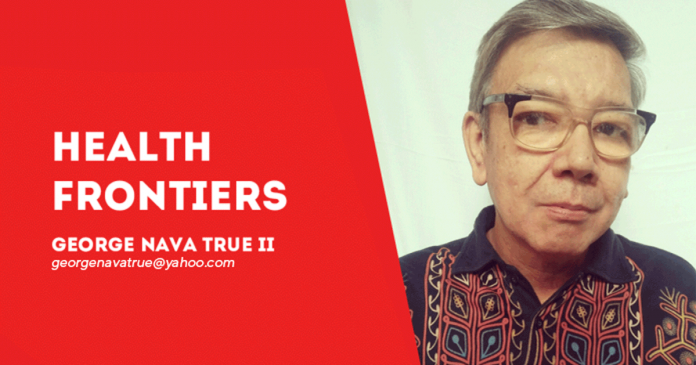
BY GEORGE NAVA TRUE II
YOU’RE ready to go to the city amid a pandemic, but first, you have to check a few things before you leave home. Do you have a face mask? Check! What about a face shield? Check! Are you carrying a hand sanitizer or bottle of alcohol? Check! Lastly, have you gargled with your favorite mouthwash lately?
That may sound ridiculous or even strange, but researchers said that some oral antiseptics and mouthwashes may inactivate COVID-19 and help reduce the spread of the disease.
No, that’s not a paid commercial for a leading mouthwash brand. That statement comes from the people at Penn State College of Medicine. A recent study showed that some mouthwashes might reduce the viral load or amount of virus in the mouth after infection. This may prevent COVID-19 from infecting others.
Strong ability
In the study published in the Journal of Medical Virology, physicians and scientists led by Craig Meyers, professor of microbiology and immunology and obstetrics and gynecology, tested several oral and nasopharyngeal rinses in a laboratory to see how well they inactivate human coronaviruses. Among others, they evaluated a 1% solution of baby shampoo, peroxide sore-mouth cleansers, and mouthwashes.
Researchers found that several nasal and oral rinses had a strong ability to neutralize the human coronavirus. This means that these products may reduce the amount of the virus that is normally spread by infected people.
That’s good news, Meyers said, since it is a simple way to reduce the transmission of the disease while the world waits for vaccination to be completed. Even better, these products are readily available and are being used by most people, he added.
Major entry points
In evaluating the rinses and mouthwashes, Meyer and his colleagues tested how they interacted with the virus in the nasal and oral cavities – the major points of entry and transmission for human coronaviruses.
They observed how the virus fared against baby shampoo solutions, various peroxide antiseptic rinses and different mouthwashes for 30 seconds, one minute, and two minutes before diluting the solutions to prevent further virus inactivation.
Next, the researchers placed the diluted solutions in contact with cultured human cells. They counted how many cells remained alive after a few days of exposure to the viral solution. This number was used to calculate the amount of human coronavirus that was inactivated from exposure to mouthwashes or oral rinses.
Promising results
The 1% baby shampoo solution, which ENT doctors often use to rinse the sinuses, inactivated more than 99.9% of human coronavirus after two minutes. Several mouthwashes and gargles also inactivated the virus, and many products inactivated more than 99.9% of the virus after only 30 seconds.
Because of these promising results, Meyers hopes more clinical trials will be conducted to determine whether these products work in actual COVID-19 patients and can help those in high-risk occupations like dentists and other healthcare workers. If transmission could be reduced by 50% with the help of these products, Meyers said it will make a big difference in fighting the disease.
***
National Press Club and Philippine Dental Association awardee George N. True II has written two bestsellers based on his popular column which has been running for almost 40 years. For questions about health, email georgenavatrue@yahoo.com./PN





